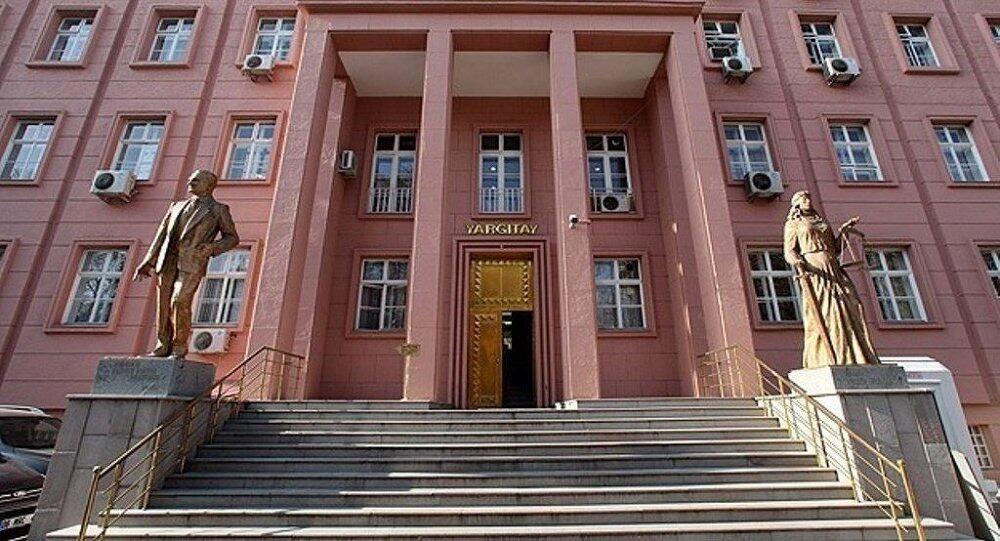Turkey’s Supreme Court of Appeals on Monday decided that retweeting a social media post which had insulted a public officer constituted a crime, the TR724 news website reported.
According to the decision, the retweet “increased the effect of insult” and the insulting post had reached more social media users thanks to the retweet.
A new bill expected to soon be proposed by Turkey’s ruling Justice and Development Party (AKP) calls for prison sentences for social media users who “insult” someone or spread “lies and disinformation” online, according to Turkish media.
Users who are charged with “insulting” someone on social media could be sentenced to between three months and two years under the bill, while people who are found to be spreading “lies and disinformation” online may face between one and five years behind bars.
The AKP government has been relentless in its crackdown on critical media outlets, particularly after a coup attempt on July 15, 2016.
As an overwhelming majority of the country’s mainstream media has come under government control over the last decade, Turks have taken to social media and smaller online news outlets for critical voices and independent news.
Turks are already heavily policed on social media, and many have been charged with insulting Turkish President Recep Tayyip Erdoğan or his ministers, or criticism to foreign military incursions and the handling of the coronavirus pandemic.
In July 2020 parliament passed legislation at Erdoğan’s request imposing far-reaching restrictions on social media platforms with over 1 million daily visitors in Turkey.
The law, which concerns YouTube, Facebook, Twitter, Instagram and TikTok, went into effect at the beginning of October and set forth progressive sanctions forcing social media platforms with more than 1 million connections a day to appoint a representative in Turkey with whom the Turkish authorities can resolve problems arising from cases of insult, intimidation and violation of privacy.
The law was criticized by human rights defenders and critics including Amnesty International, Human Rights Watch, Reporters Without Borders and the UN, who expressed concern over the government’s move.
Source:Stockholm Center for Freedom (SCF)
***Show us some LOVE by sharing it!***


